
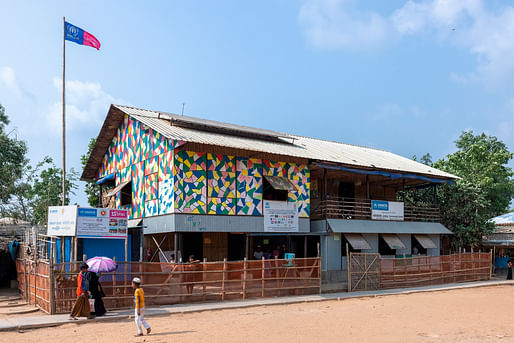
The winners of the 2020–22 cycle of the Aga Khan Award for Architecture (AKAA) have been announced in Geneva.
Six projects from around the Muslim world were selected for their social value and ability to positively affect change and provide environmental stewardship to their communities.
The winners split a $1 million pot — one of the largest prizes in the industry — and were chosen by a special Awards Master Jury, which this year included luminaries such as Nader Tehrani, Amale Andraos, and the two most recent Pritzker Prize laureates Anne Lacaton and Diébédo Francis Kéré, himself a former AKAA honoree.
Projects were commended for their geographic and cultural diversity, levels of community involvement, healing capacity, and long-term ability to allow for societal progress. Historic preservation of examples of modernism in each country was of particular interest for the jury, as well as projects that preference adaptive reuse schemes, an increasingly popular approach they agreed "carries great value and critical potential, in a world where there is too much demolition and new building."
This year marks the 45th anniversary of the prestigious triennial award and the first since the outset of the pandemic. Given this unprecedented charge, jury members say they "worked with a renewed appreciation of the physicality of real spaces that bring people together." The results, therefore, stand as testaments to "the quality of life and social relationships facilitated by architecture" that are in keeping with a tradition shared by past winners such as Lahore's Shalimar Gardens (1980), Istanbul's Topkapi Palace (1983), the Alhambra in Granada (1998), and Emperor Humayun’s Tomb in Delhi (2004).
A monograph featuring the 6 winning projects and 20 shortlisted candidates will be published next month by Architangle. Scroll down to read more about the latest group of AKAA winners.
Urban River Spaces, Jhenaidah (Bangladesh) by Co.Creation Architects
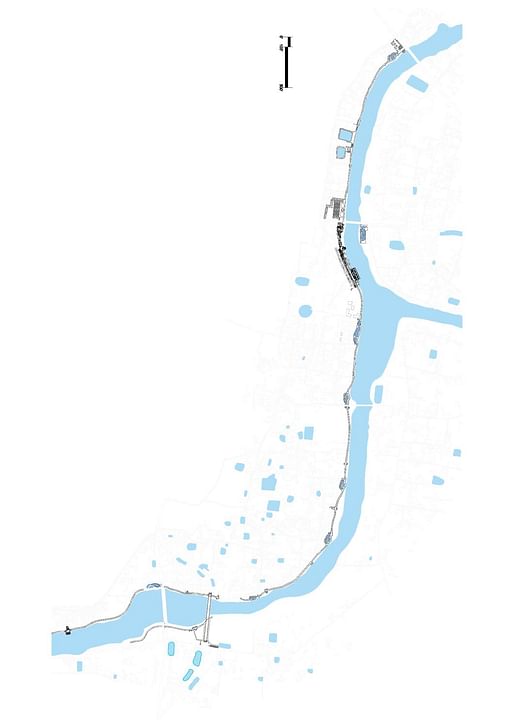
Jury comments: "Through consistent community participation and appropriation, extensive involvement of women and marginalised groups, and a local workforce, the seemingly simple undertaking of cleaning up the access to the Nabaganga river in Jhenaidah led to a thoughtful and minimal landscaping project with local materials and construction techniques, thus transforming a derelict informal dump site into an attractive and accessible multifunctional space that is valued by Jhenaidah’s diverse communities. As such, the project managed to reverse the ecological degradation and health hazards of the river and its banks, and induce effective ecological improvement of the river, in one of the most riverine countries on earth."
Community Spaces in Rohingya Refugee Response, Cox’s Bazar (Bangladesh) by Rizvi Hassan, Khwaja Fatmi, and Saad Ben Mostafa
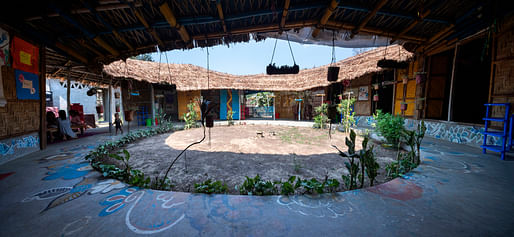
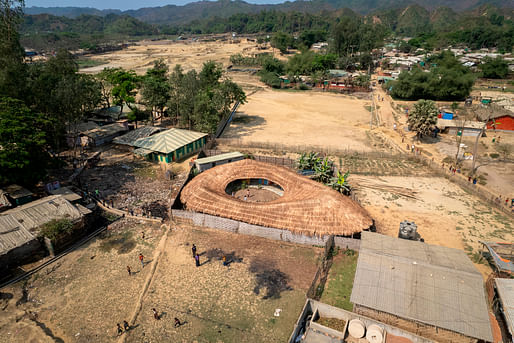
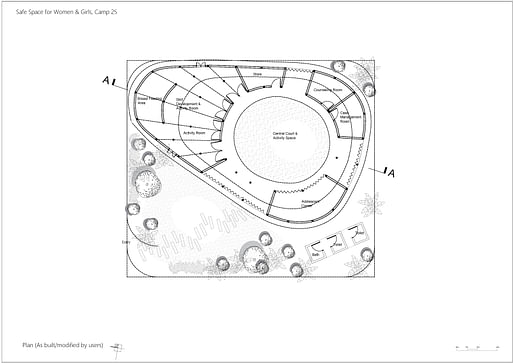
Jury comments: "The six temporary community spaces of the Rohingya Refugee Response programme provide a dignified, sensitive and ingenious response to emergency needs related to the major influx of Rohingya refugees into Bangladeshi host communities, with particular attention to the safety of women and girls. The concept and design of the six spaces are the result of appropriate planning, solid partnerships and inclusive processes involving the diverse refugee and host communities, such as defining spatial and functional needs."
Banyuwangi International Airport, Blimbingsari, East Java (Indonesia) by andramatin
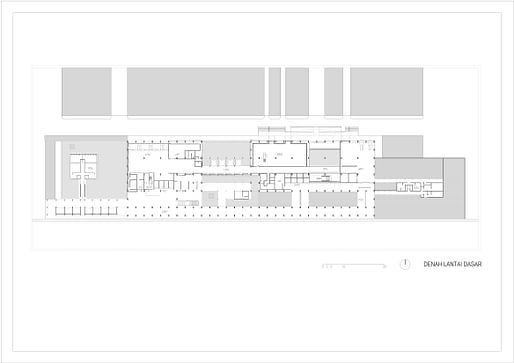
Jury comments: "Arising from a sea of a paddy fields, the building extends the language of the landscape into a concentrated event that coalesces architecture, functionality and setting in a seamless yet discernible disposition. Modern and efficient in all aspects, but at home in its place, Banyuwangi International Airport may be a game-changer in airport architecture, especially considering that the Indonesian government is set to build some 300 airports in the near future."
Argo Contemporary Art Museum and Cultural Centre, Tehran (Iran) by ASA North / Ahmadreza Schricker Design
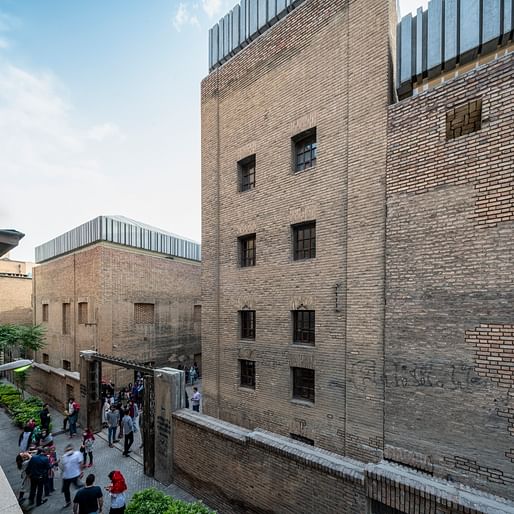
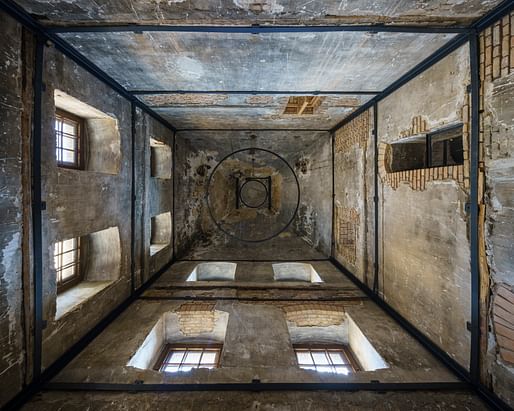
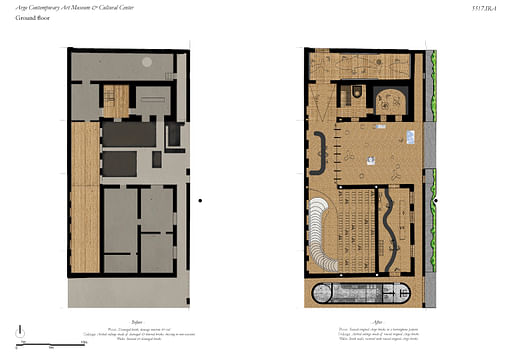
Jury comments: "In the dense urban neighbourhood that is Tehran’s historical centre, this untypical reuse and conservation project has transformed the Argo Factory – a former brewery whose activities were moved 10 years before the Iranian Revolution, for pollution reasons, to a site outside the city – into a private museum for contemporary art. From the ruins of the original building, the existing brewery was renovated and new surfaces built with a subtle approach and design. A variety of spaces for exhibitions, talks and films were developed over four levels, and a new artist residence was built adjacent to the museum."
Renovation of Niemeyer Guest House, Tripoli (Lebanon) by East Architecture Studio/Nicolas Fayad and Charles Kettaneh
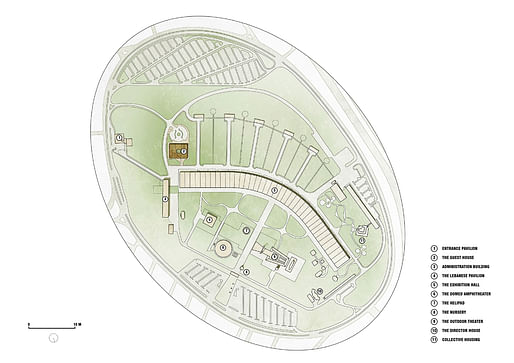
Jury comments: "The renovation of the Niemeyer Guest House is an inspiring tale of architecture’s capacity for repair, at a time of dizzying, entangled crisis around the world, and in Lebanon in particular, as the country faces unprecedented political, socio-economic and environmental collapse. Located on the outskirts of Tripoli – one of the oldest and most beautiful port cities, once renowned for its craft but today ravaged by extreme poverty, migration and lack of public space – the rehabilitation of the Guest House is part of the Rachid Karami International Fair (RKIF), the unfinished masterpiece of the architect Oscar Niemeyer."
Kamanar Secondary School, Thionck Essyl (Senegal) by Dawoffice / David Garcia, Aina Tugores
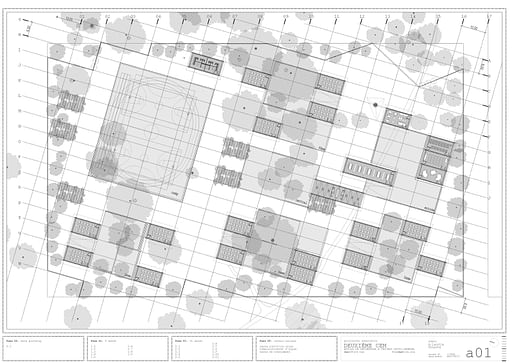
Jury comments: "A campus replete with infrastructure, buildings, landscapes and furnishings, the Kamanar Secondary School is unique in that it addresses the multiple scales of urbanism, landscape, architecture and building technologies with equal commitment and virtuosity. The site’s topography and flora are the key founding conditions of this project, prompting the introduction of a grid of classroom pods organised around pre-existing tree canopies, adopting their shade as social spaces that serve the students and teachers alike."

Kinderspace: Architecture for Children's Development #2
Register by Thu, Jan 16, 2025
Submit by Mon, Jun 16, 2025
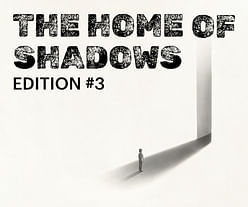
The Home of Shadows / Edition #3
Register by Wed, Jan 29, 2025
Submit by Mon, Mar 3, 2025
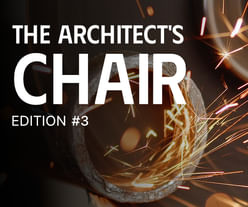
The Architect's Chair / Edition #3
Register by Wed, Jan 15, 2025
Submit by Tue, Feb 18, 2025
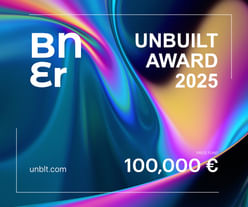
100,000 € Prize / Buildner's Unbuilt Award 2025
Register by Thu, Oct 30, 2025
Submit by Thu, Nov 20, 2025
No Comments